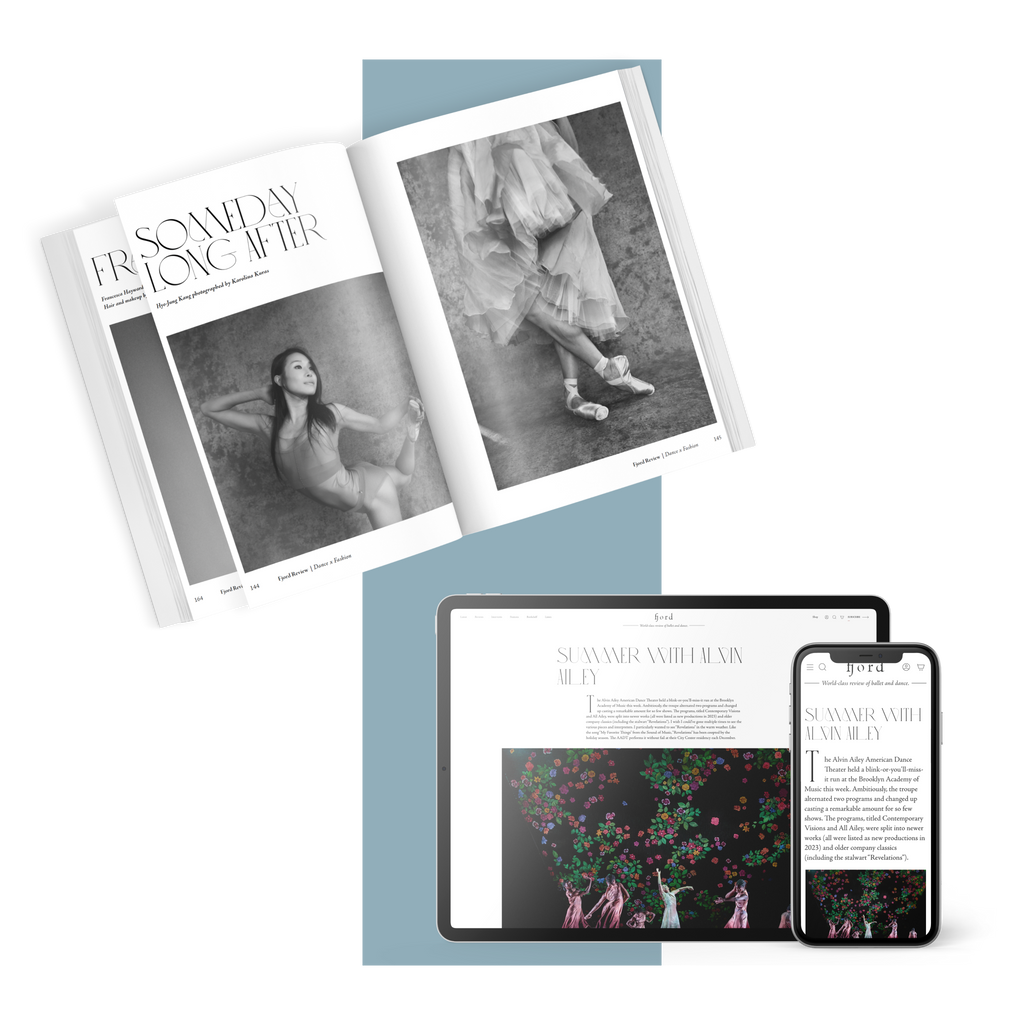Talent Time
It’s “Nutcracker” season at San Francisco Ballet—36 performances packed into three weeks—which means that the company is currently serving two distinct audiences.
Continue Reading
World-class review of ballet and dance.
How many ways to think about “Sleeping Beauty”? In the first written Italian and French versions, the plots outline the fate of a young girl as the object of family jealousy, trickery and, after being drugged asleep, ravishment. By the mid-19th century, the Brothers Grimm toned down the storyline, romanticized and adapted it as a story fit for children. Ivan Vsevolozhsky, Tchaikovsky, and Marius Petipa’s 1890 landmark ballet further refashioned it. But another few generations of scholarly research recognized the darker undertones and representations of girls in the fairy tale tradition. Apart from handsome swains or huntsmen who save damsels like Beauty or Red Riding Hood from stepmothers or disfigured crones, the producers of even the most treasured classics should take some measure of the plight of characters, even if fantasy.



Starting at $49.99/year
Your weekly source for world-class dance reviews, interviews, articles, and more.
Already a paid subscriber? Login
It’s “Nutcracker” season at San Francisco Ballet—36 performances packed into three weeks—which means that the company is currently serving two distinct audiences.
Continue ReadingLast week I caught up with choreographer Pam Tanowitz and Opera Philadelphia’s current general director and president, countertenor Anthony Roth Costanzo to talk about “The Seasons,” the company’s latest production premiering at the Kimmel Center’s 600-plus seat Perelman Theater on December 19.
Continue ReadingIf Notre-Dame remains one of the enduring symbols of Paris, standing at the city’s heart in all its beauty, much of the credit belongs to Victor Hugo.
Continue ReadingWhen dancer and choreographer Marla Phelan was a kid, she wanted to be an astronaut. “I always loved science and astronomy,” Phelan said.
Continue Reading
comments